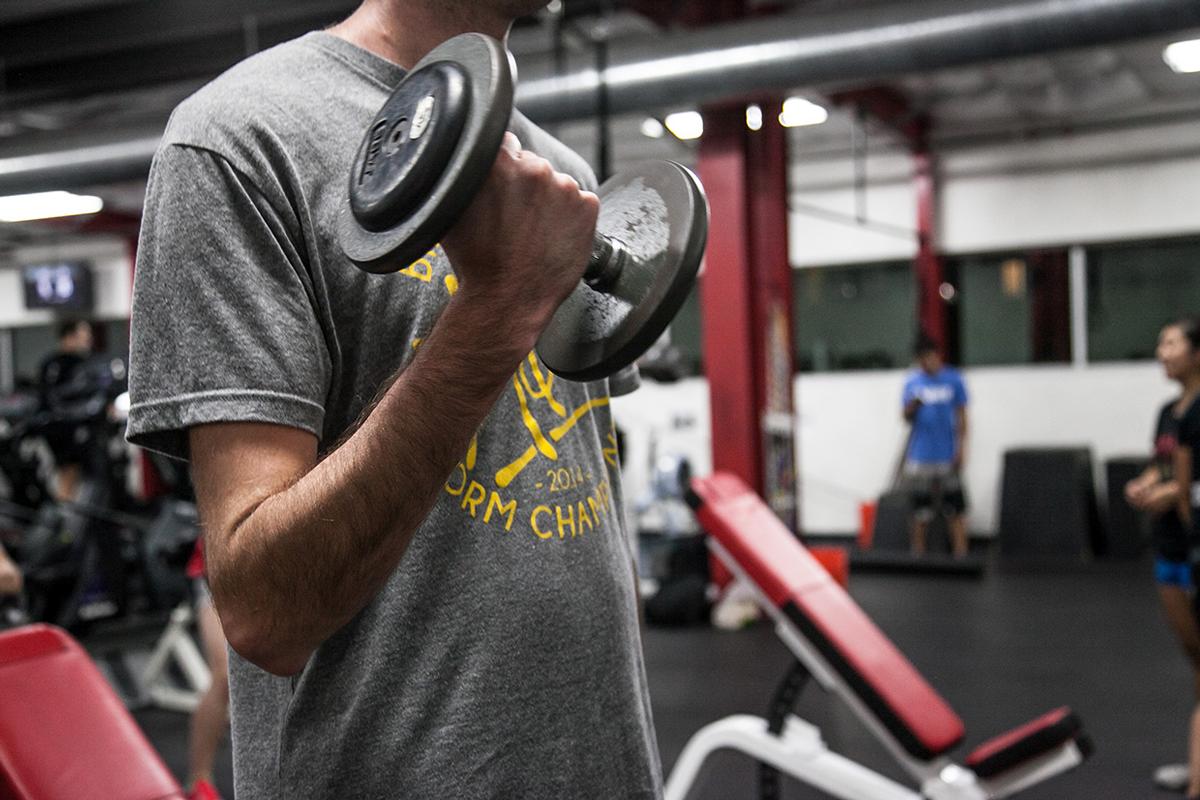
The plight of women in our country, throughout history and up until our present time, has mainly consisted of difficult, unfair battles for basic human rights. However, incredible examples of bravery and persistence continue to bring light to their struggle. But our society seems to turn a blind eye to the plight of men. The uphill battles fought by men and women are different battles. I do not intend to compare them. I withhold all judgment about the relative difficulty of each. But, to say men have a hard time does not lessen the cultural difficulties experienced by women. Honestly, I think there is plenty of injustice to go around.
Where I grew up, boys were made into football players. You had to be big and aggressive, enjoy hitting other people, have an innate sense of competition and unquestioningly obey commands. I was born uncoordinated and cried when bugs died. I only wanted to play trading card games — never competitively mind you — if someone lost at the end, it ruined the entire game. But I found myself on a football team nonetheless. I hated it. I towered over all the other kids but did not understand the point of the game. Who really cares about the ball? Why do the dads yell so much? Which goal do we go for? When is snack time?
THE GLORIFICATION OF ATHLETICISM
So my parents switched me into baseball. I had some real talent, but I got distracted too easily. I watched butterflies in the outfield instead of the ball. I made designs in the sand with my cleats and invented games based on how far my teammates and I could spit sunflower seeds. Generally, I am very grateful to have played sports growing up. It helped me make friends, develop what little coordination I do have, and learn how to focus.
But being raised with a “sports star” definition of masculinity has indelibly colored my understanding of manhood. It seems to be a good man in our adult society requires a mastery of the skills we learned in our Little Leagues. We have to be strong, bulging with muscle, intimidate the other team as we get off the bus and watch them gawk at how hard we can throw. We must be both incredibly focused and casually disinterested. We win because of our natural superior ability. We only lose when we choose by not really trying or not giving our best attempt.
This emphasis on athleticism quickly makes men become callused and mechanistic so we play with feelings the same way we play catch. We have ingrained habituated movement into our muscles and lives so that we can never forget that to be a man is to win, never mind what or how.
To this day I glorify men who embody this. When I hear that you played football in high school, I assume you must be cooler than I am. I think men get stuck here. The sports star is not a bad thing to be, but it must not become the only thing we are.
I do not know very much about gender roles. I tend to think men and women have more in common than popular culture insists. Still, at the end of the day, men need to find a way to step off the field and into a larger identity based on the many facets of the human soul. It is not a matter of making male gender roles more “feminine,” as if we have too much testosterone and talking about our feelings will somehow kill it off. No. We need to have gender roles that fit humans better and allow for the expression of our whole self.
I do not know exactly what the male gender role should look like. Maybe stereotypic roles based on gender prove too constrictive. Perhaps generalizing all the facets of masculinity or femininity into two narrow archetypes fails to protect the particular nature of every human being. God created us as men and women, both terms of great honor. These big titles mean to match the largeness of our souls and to facilitate its expression.







